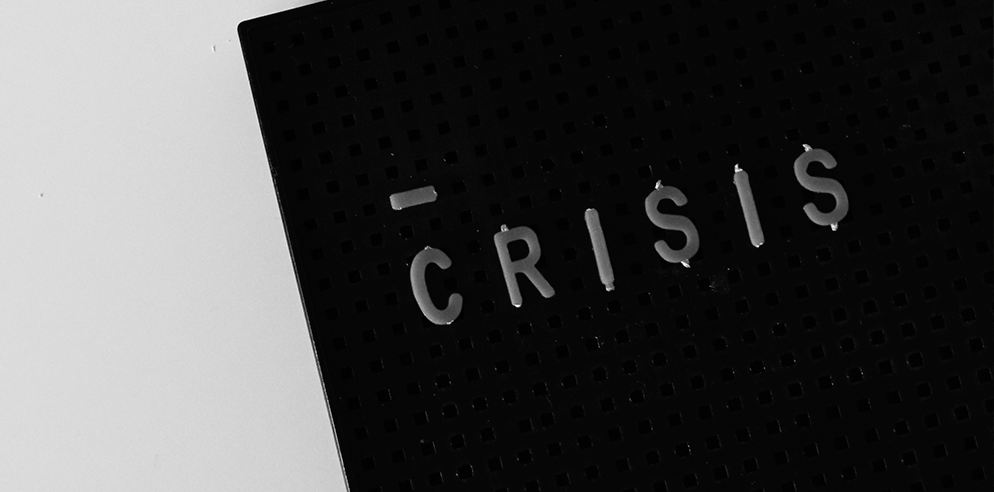How Luxury is Adapting to Economic Uncertainty
From a global pandemic to economic instability caused by war and inflation, the world has undergone dramatic shifts in recent years. While mainstream markets and mass consumption have faced severe setbacks, the question remains: how has the luxury industry navigated through the crisis?
Bernard Arnault, founder of LVMH and one of the world’s wealthiest men, stated in a 2010 interview that a well-constructed brand could withstand any crisis. More than a decade later, his empire of luxury brands seems to confirm this belief. However, despite the resilience of high-end fashion, even the wealthiest consumers are not entirely immune to economic fluctuations.

The Emergence of New Consumer Groups in Luxury
The economic crisis has reshaped spending behaviors, creating two distinct consumer mindsets:
- The Conservative Buyers – Prioritize savings and financial security, choosing to limit discretionary spending on luxury goods.
- The Risk-Takers – Embrace a “live for today” mentality, spending freely before inflation devalues their wealth.
This divide presents a challenge for luxury brands, as they must balance discretion with exclusivity to appeal to both audiences. While some wealthy consumers continue to indulge in lavish spending, others advocate for a more understated approach to luxury that aligns with economic responsibility.
What is Quiet Luxury?
Quiet luxury, also known as silent luxury, is a growing trend that prioritizes quality over logos. Unlike traditional luxury goods that prominently display branding, quiet luxury pieces are subtle, refined, and recognized only by those with deep fashion knowledge.
Key Characteristics of Quiet Luxury:
- Minimal branding: No loud logos or flashy embellishments.
- Exceptional craftsmanship: High-quality materials and expert tailoring.
- Sustainability: A focus on natural, long-lasting textiles.
- Exclusivity through discretion: Luxury meant for those who recognize it, rather than those seeking external validation.
This shift reflects a growing empathy among affluent consumers, who prefer to avoid overt displays of wealth during times of economic hardship.
Luxury Brands Leading the Quiet Luxury Movement
Several established and emerging brands have embraced quiet luxury, redefining the meaning of high-end fashion:
1. Hermès
A long-standing symbol of understated elegance, Hermès continues to offer timeless designs with exceptional craftsmanship rather than relying on logos.
2. Bottega Veneta
Known for its signature woven leather (Intrecciato) rather than visible branding, Bottega Veneta champions discreet luxury.
3. Max Mara
The Italian fashion house focuses on classic, high-quality coats and tailored pieces with minimal branding.
4. Loewe
With a reputation for innovation and craftsmanship, Loewe represents modern quiet luxury through its well-structured leather goods.
5. Loro Piana
A niche yet powerful brand specializing in cashmere and fine wool garments, Loro Piana exemplifies exclusivity through fabric quality rather than name recognition.
Other notable brands embracing quiet luxury include The Row, Polène, and Brunello Cucinelli, all of which emphasize premium materials and craftsmanship over ostentation.
Why Luxury Brands Are Adapting to Quiet Luxury
The decline in purchasing power among middle and upper-middle-class consumers, combined with an increased awareness of responsible spending, has prompted luxury brands to reposition themselves.
By shifting toward high-quality, sustainable, and timeless fashion, brands cater to a more discerning audience that values subtlety over status symbols.
This evolution is not just about exclusivity—it is about redefining luxury as an experience of refinement and longevity rather than a display of wealth.
The Future of Luxury: Discretion Over Status
As economic instability continues, quiet luxury is expected to shape the future of high-end fashion. The demand for understated, long-lasting pieces is growing, and brands that embrace this philosophy will likely maintain their relevance in a changing market.
Does luxury still need logos to be desirable, or is exclusivity now defined by knowledge and craftsmanship? Share your thoughts in the comments.